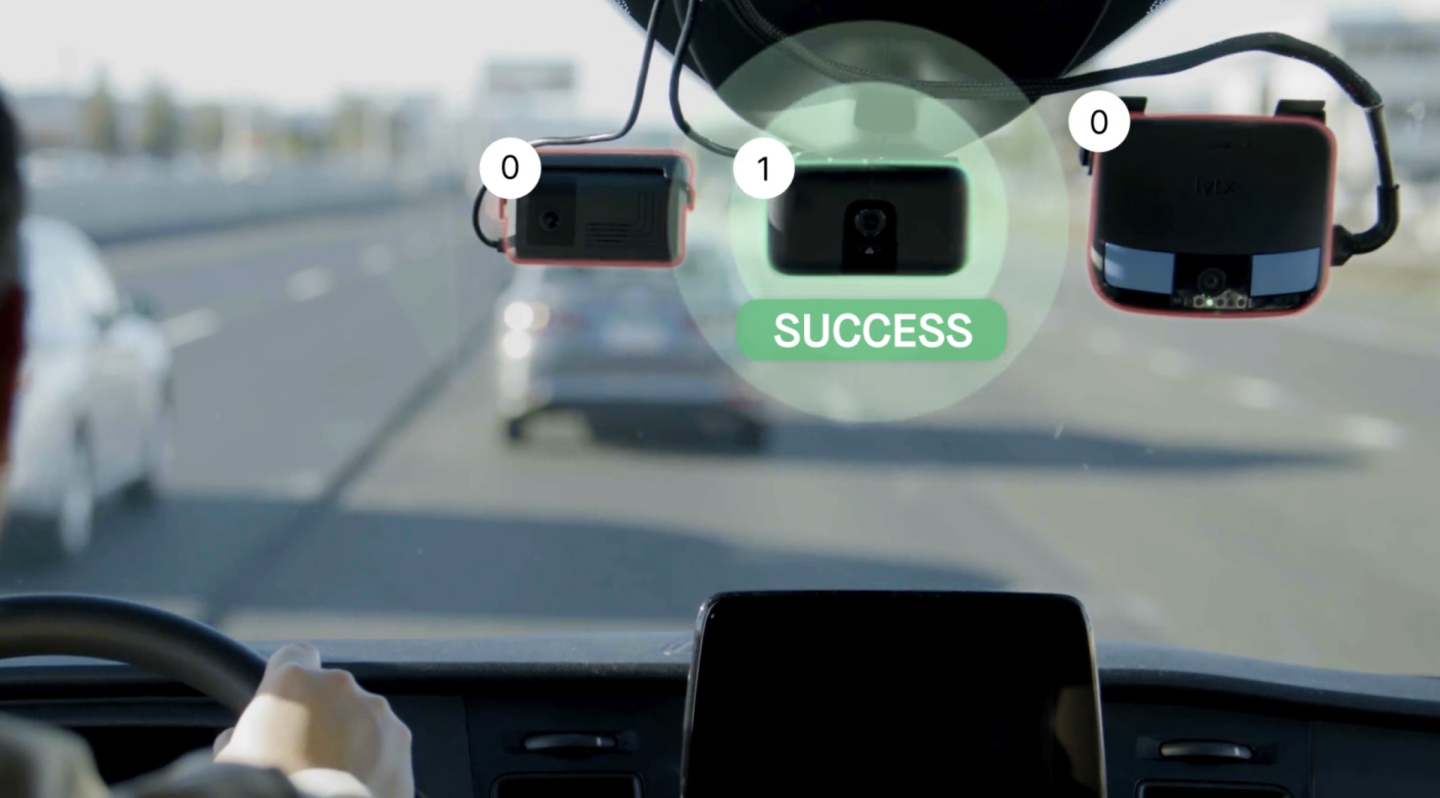-
Table of Contents
- Introduction
- Exploring the Legal Implications of Dashcam Use in Australia
- What Are the Laws Surrounding Dashcam Footage in Australia?
- How to Ensure Compliance with Australian Dashcam Laws
- What Are the Privacy Implications of Dashcam Use in Australia?
- Understanding the Legal Requirements for Dashcam Installation in Australia
“Navigate the Legal Landscape of Dashcams in Australia – Get the Facts and Stay Protected!”
Introduction
Dashcams are becoming increasingly popular in Australia, as they provide a way to record and monitor traffic incidents. However, it is important to understand the legal landscape of dashcams in Australia before using one. This article will provide an overview of the legal landscape of dashcams in Australia, including the laws governing their use, the potential implications of using a dashcam, and the potential benefits of using one. It will also provide advice on how to ensure that your dashcam use is compliant with the law.
Exploring the Legal Implications of Dashcam Use in Australia
Dashcam use in Australia is becoming increasingly popular, with many drivers using them to record their journeys for safety and security purposes. However, there are a number of legal implications associated with the use of dashcams that drivers should be aware of.
In Australia, the use of dashcams is generally considered to be legal, provided that the footage is not used for any illegal purposes. However, there are some restrictions on the use of dashcams in certain states and territories. For example, in New South Wales, it is illegal to use a dashcam to record audio without the consent of all parties involved.
In addition, drivers should be aware that the footage captured by their dashcam may be used as evidence in court. This means that any footage that is captured may be used to prove or disprove a driver’s guilt in a criminal or civil case. As such, drivers should be aware that any footage they capture may be used against them in a court of law.
Finally, drivers should also be aware that the footage captured by their dashcam may be subject to privacy laws. This means that any footage that is captured may be subject to the same privacy laws as any other form of personal data. As such, drivers should be aware that any footage they capture may be subject to the same privacy laws as any other form of personal data.
In conclusion, the use of dashcams in Australia is generally considered to be legal, provided that the footage is not used for any illegal purposes. However, drivers should be aware of the legal implications associated with the use of dashcams, including the potential for the footage to be used as evidence in court and the potential for the footage to be subject to privacy laws.
What Are the Laws Surrounding Dashcam Footage in Australia?

In Australia, the laws surrounding dashcam footage vary from state to state. Generally, it is legal to use a dashcam in Australia, however, there are some restrictions in place.
In New South Wales, dashcam footage can be used as evidence in court, provided it is relevant to the case. However, it is illegal to use a dashcam to record audio without the consent of all parties involved.
In Victoria, dashcam footage can be used as evidence in court, provided it is relevant to the case. It is also illegal to use a dashcam to record audio without the consent of all parties involved.
In Queensland, dashcam footage can be used as evidence in court, provided it is relevant to the case. It is also illegal to use a dashcam to record audio without the consent of all parties involved.
In South Australia, dashcam footage can be used as evidence in court, provided it is relevant to the case. It is also illegal to use a dashcam to record audio without the consent of all parties involved.
In Western Australia, dashcam footage can be used as evidence in court, provided it is relevant to the case. It is also illegal to use a dashcam to record audio without the consent of all parties involved.
In Tasmania, dashcam footage can be used as evidence in court, provided it is relevant to the case. It is also illegal to use a dashcam to record audio without the consent of all parties involved.
In the Northern Territory, dashcam footage can be used as evidence in court, provided it is relevant to the case. It is also illegal to use a dashcam to record audio without the consent of all parties involved.
In the Australian Capital Territory, dashcam footage can be used as evidence in court, provided it is relevant to the case. It is also illegal to use a dashcam to record audio without the consent of all parties involved.
Overall, it is legal to use a dashcam in Australia, however, there are some restrictions in place. It is important to be aware of the laws in your state or territory before using a dashcam.
How to Ensure Compliance with Australian Dashcam Laws
Dashcams are becoming increasingly popular in Australia, as they can provide evidence in the event of an accident or other incident. However, it is important to be aware of the laws surrounding the use of dashcams in Australia, as failure to comply with these laws can result in fines or other penalties.
The first step to ensuring compliance with Australian dashcam laws is to understand the laws in your state or territory. Each state and territory has its own laws regarding the use of dashcams, so it is important to familiarise yourself with the relevant legislation. Generally, dashcams are allowed in Australia, but there are restrictions on where they can be used and how the footage can be used.
In most states and territories, it is illegal to use a dashcam to record audio without the consent of all parties involved. This means that if you are using a dashcam to record audio, you must ensure that all parties are aware that they are being recorded. Additionally, it is important to be aware of any privacy laws that may apply to the use of dashcams.
It is also important to be aware of any laws regarding the storage and sharing of dashcam footage. In some states and territories, it is illegal to share dashcam footage without the consent of all parties involved. Additionally, it is important to ensure that any footage is stored securely, as failure to do so could result in a breach of privacy laws.
Finally, it is important to be aware of any laws regarding the use of dashcams in certain areas. For example, in some states and territories, it is illegal to use a dashcam in certain areas, such as schools or hospitals. Additionally, it is important to be aware of any laws regarding the use of dashcams in public places, as failure to comply with these laws could result in a fine or other penalty.
By familiarising yourself with the relevant laws and ensuring that you comply with them, you can ensure that you are using your dashcam in a legal and responsible manner.
What Are the Privacy Implications of Dashcam Use in Australia?
The use of dashcams in Australia has become increasingly popular in recent years, with many drivers using them to record their journeys for safety and security purposes. However, the use of dashcams also raises important questions about privacy.
In Australia, the use of dashcams is subject to the laws of the state or territory in which they are used. Generally, dashcams are allowed as long as they do not record audio, as this is considered a breach of privacy. However, some states and territories have specific laws that regulate the use of dashcams, such as requiring drivers to display a sign in their vehicle to inform other road users that they are being recorded.
In addition, the use of dashcams may also raise privacy concerns for other road users. For example, if a dashcam records images of other vehicles or pedestrians, this could be considered a breach of their privacy. As such, it is important for drivers to be aware of the laws in their state or territory and to ensure that their dashcam is not recording images of other people without their consent.
Finally, it is important to note that the footage recorded by dashcams may be used as evidence in court proceedings. As such, it is important for drivers to be aware of their rights and responsibilities when using a dashcam, and to ensure that they are not recording images or footage that could be used against them in a court of law.
In conclusion, the use of dashcams in Australia is subject to the laws of the state or territory in which they are used. It is important for drivers to be aware of these laws and to ensure that their dashcam is not recording images of other people without their consent. Furthermore, the footage recorded by dashcams may be used as evidence in court proceedings, so it is important for drivers to be aware of their rights and responsibilities when using a dashcam.
Understanding the Legal Requirements for Dashcam Installation in Australia
Dashcam installation is becoming increasingly popular in Australia, as it can provide evidence in the event of an accident or other incident. However, it is important to understand the legal requirements for dashcam installation in Australia before installing one in your vehicle.
In Australia, the legal requirements for dashcam installation vary from state to state. Generally, dashcams are allowed as long as they do not obstruct the driver’s view or interfere with the vehicle’s operation. It is also important to note that dashcams must not be used to record audio without the consent of all parties involved.
In some states, such as New South Wales, dashcams must be securely mounted to the vehicle and must not be used to record audio without the consent of all parties involved. In Victoria, dashcams must be securely mounted to the vehicle and must not be used to record audio without the consent of all parties involved. In Queensland, dashcams must be securely mounted to the vehicle and must not be used to record audio without the consent of all parties involved.
In addition, it is important to note that dashcams must not be used to record any images or audio that could be considered offensive or intrusive. This includes recording images or audio of people in private places, such as bathrooms or bedrooms.
Finally, it is important to note that dashcams must not be used to record any images or audio that could be considered illegal. This includes recording images or audio of people engaging in illegal activities, such as drug use or criminal activity.
It is important to understand the legal requirements for dashcam installation in Australia before installing one in your vehicle. By following the legal requirements, you can ensure that your dashcam is used safely and legally.
Explore the capabilities of dashcams that can record in stunning 4K resolution, delving into the advantages of higher image quality and enhanced detail for capturing crucial moments on the road with unprecedented clarity.
For more information visit local authories sites to know your rights.




